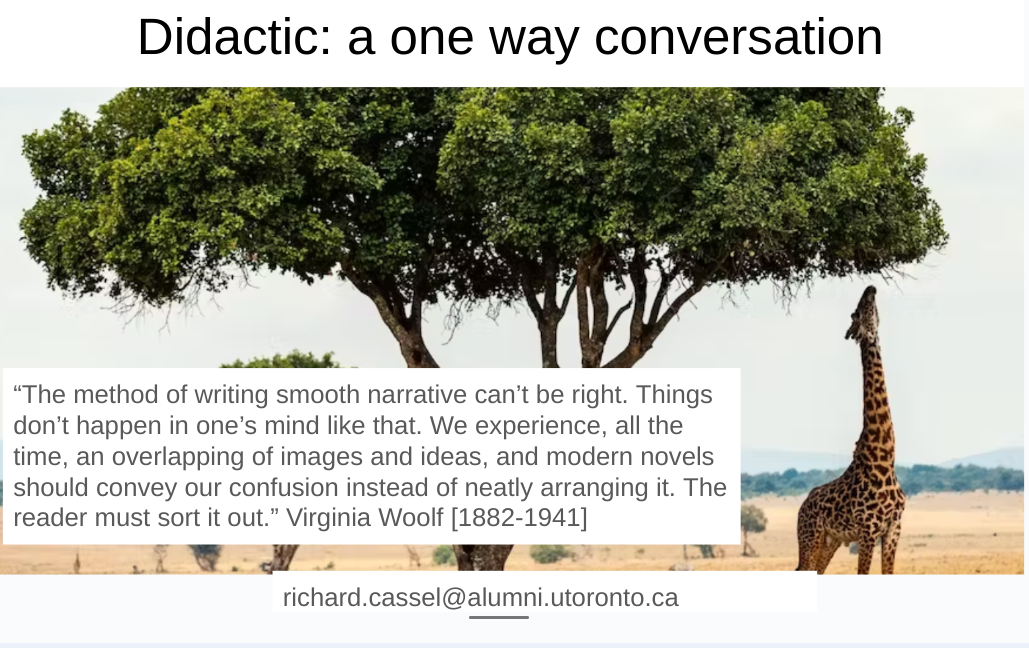 Image source here.
Image source here."I thought it was perfectly harmless. I thought I'd prefer him to do that more than getting drunk. I support legalisation, not because I think young people take a great deal of notice of the law – they don't – but because I think that with legalisation comes control. Give people more information: vulnerable young people need to know what this drug can do. If anything makes me really angry it is that this is such a polarised debate, an immature debate. It's either that cannabis is good or it's bad."
For Tory MP Charles Walker, the chair of the all-party parliamentary committee looking at children and cannabis, the damage that has been done both by the historical and generational tolerance of cannabis and by the government's out-of-date attitudes has meant that a seriously dangerous drug is not recognised as such.
"I have met and spoken to so many families who have been devastated – I mean devastated – by this drug," he said. "It is clearly highly addictive both psychically and psychologically and the damage is terrible: high-achieving children turning into shadows of their former selves and creating widespread misery."
"I think there is a historical legacy, which is why cannabis has been so downgraded by people in their 40s and 50s like me who don't understand that we are facing a different drug from the one everyone smoked in their youth. I wish we could change its name from cannabis to emphasise that."
Cannabis: a history
• Cannabis has been used for more than 4,000 years, including for medicinal purposes in Indian, Chinese and middle eastern civilisations. In China, it has been used to treat such conditions as malaria, constipation and rheumatism.
• Doctors in the west began to take an interest in its medicinal use in the middle of the 19th century. Queen Victoria was prescribed cannabis by her doctor to relieve period pain.
• The drug was outlawed in the United Kingdom in 1928, following an international drugs conference in Geneva, at which an Egyptian delegate claimed that it was a threat to society and as dangerous as opium.
• Recreational use in the UK began in the 1950s as migrants from the Caribbean arrived. It soared in popularity during the "flower power" years in the 1960s.
• A Home Office investigation in 1968 concluded: "There is no evidence that this activity is causing violent crime or aggression, anti-social behaviour, or is producing in otherwise normal people conditions of dependence or psychosis requiring medical treatment."
• Advanced cultivation techniques have led to an increase in potency over the past 20 years. Average levels of THC (tetrahydrocannabinol, the main psychoactive ingredient) in marijuana sold in America rose from 3.5% in 1988 to 8.5% in 2006. "Skunk" is the most potent strain and now dominates the UK market, according to Home Office research.
Excerpts from The Gaurdian.
An earlier reference to Cannabis Psychosis here.
